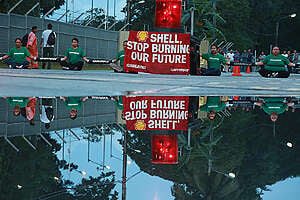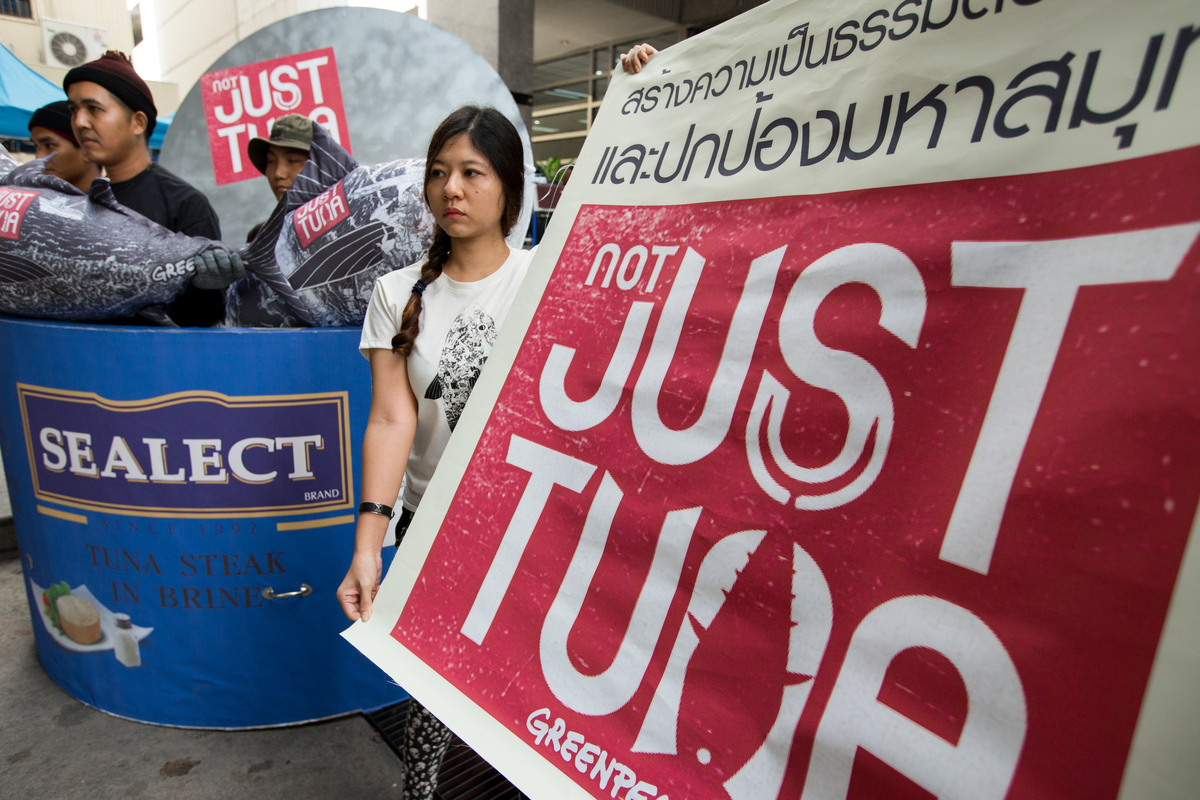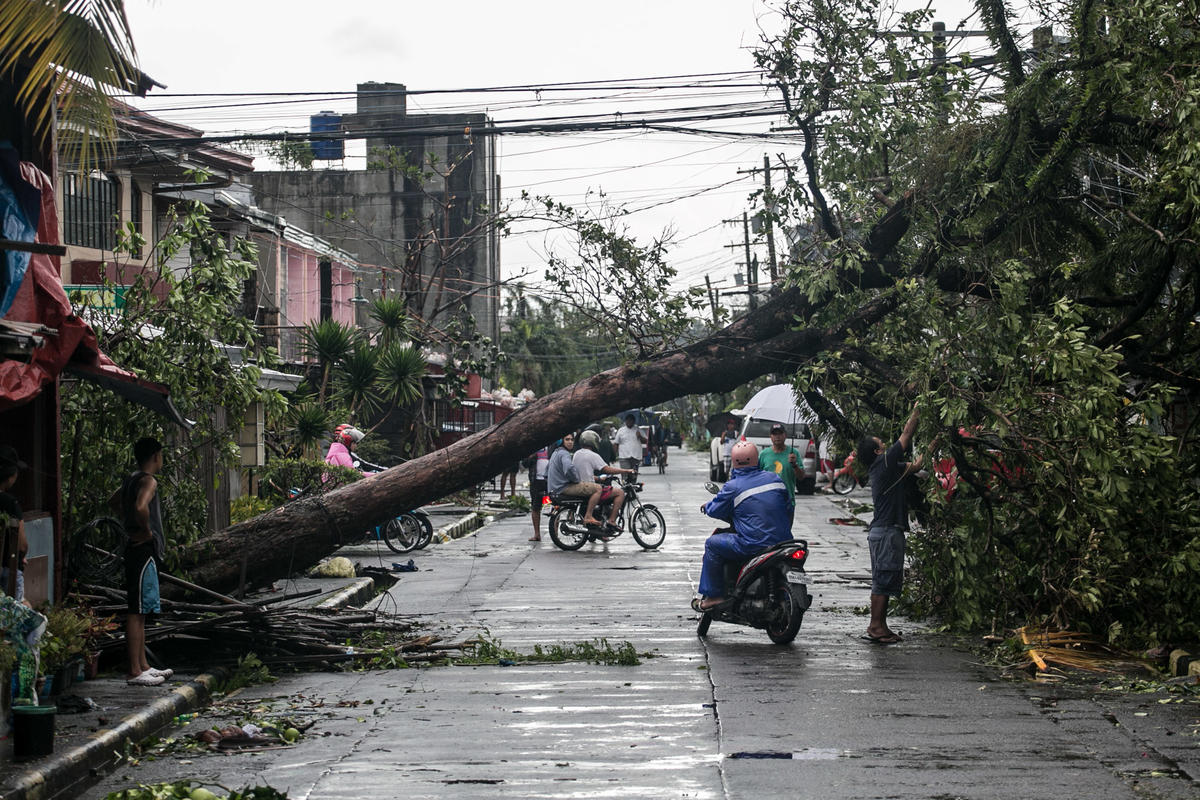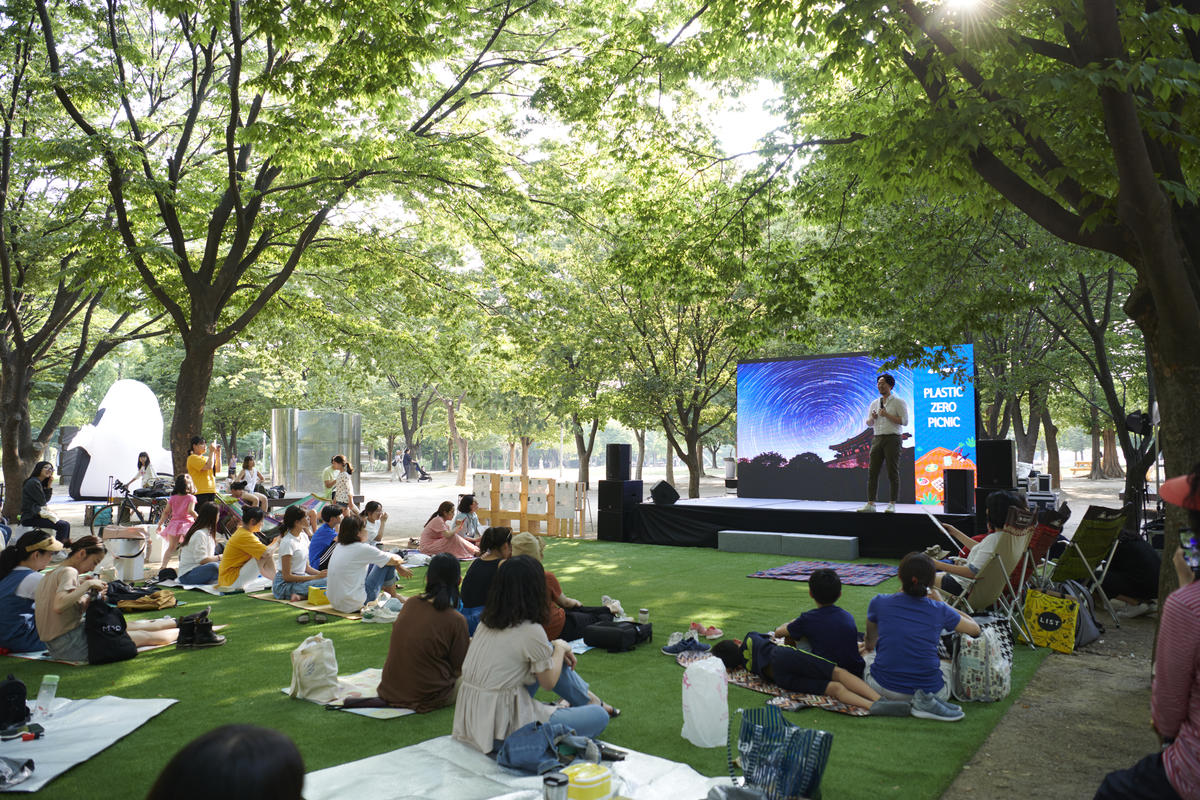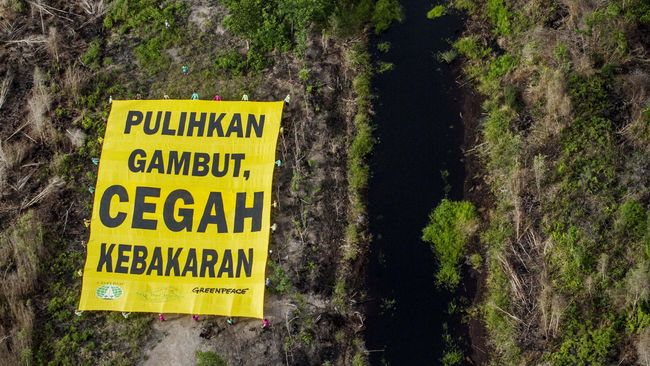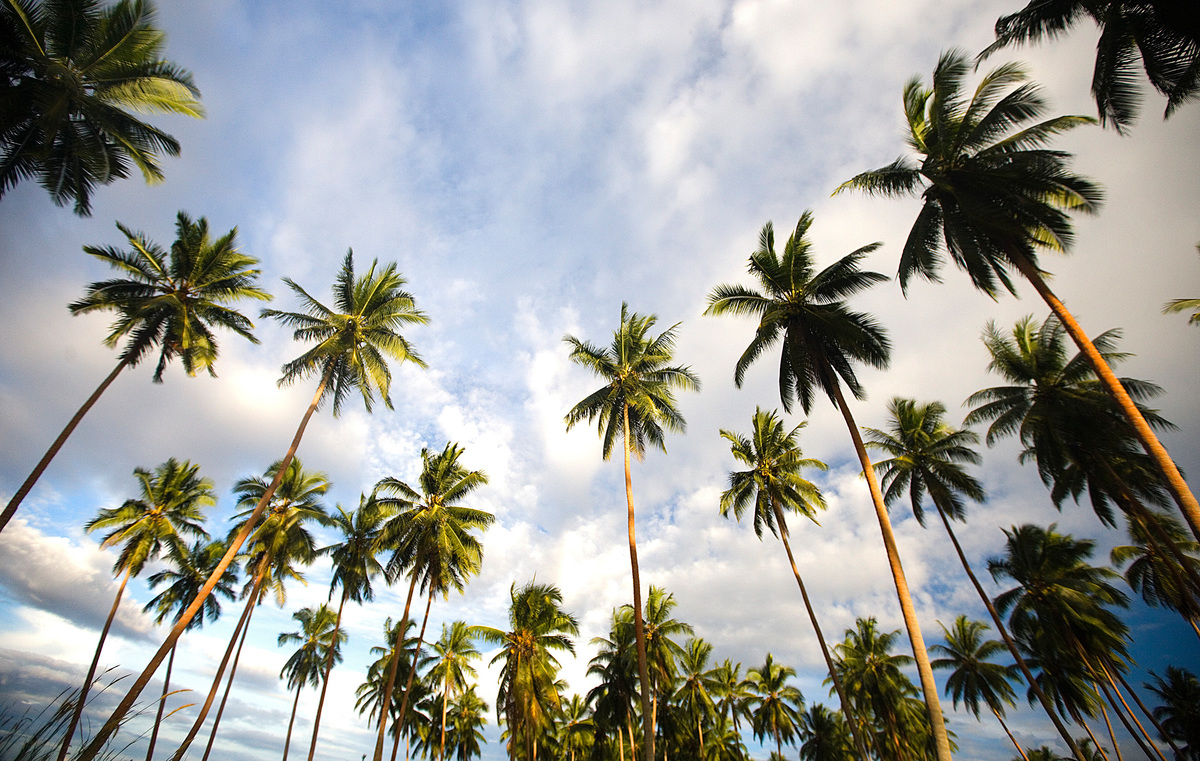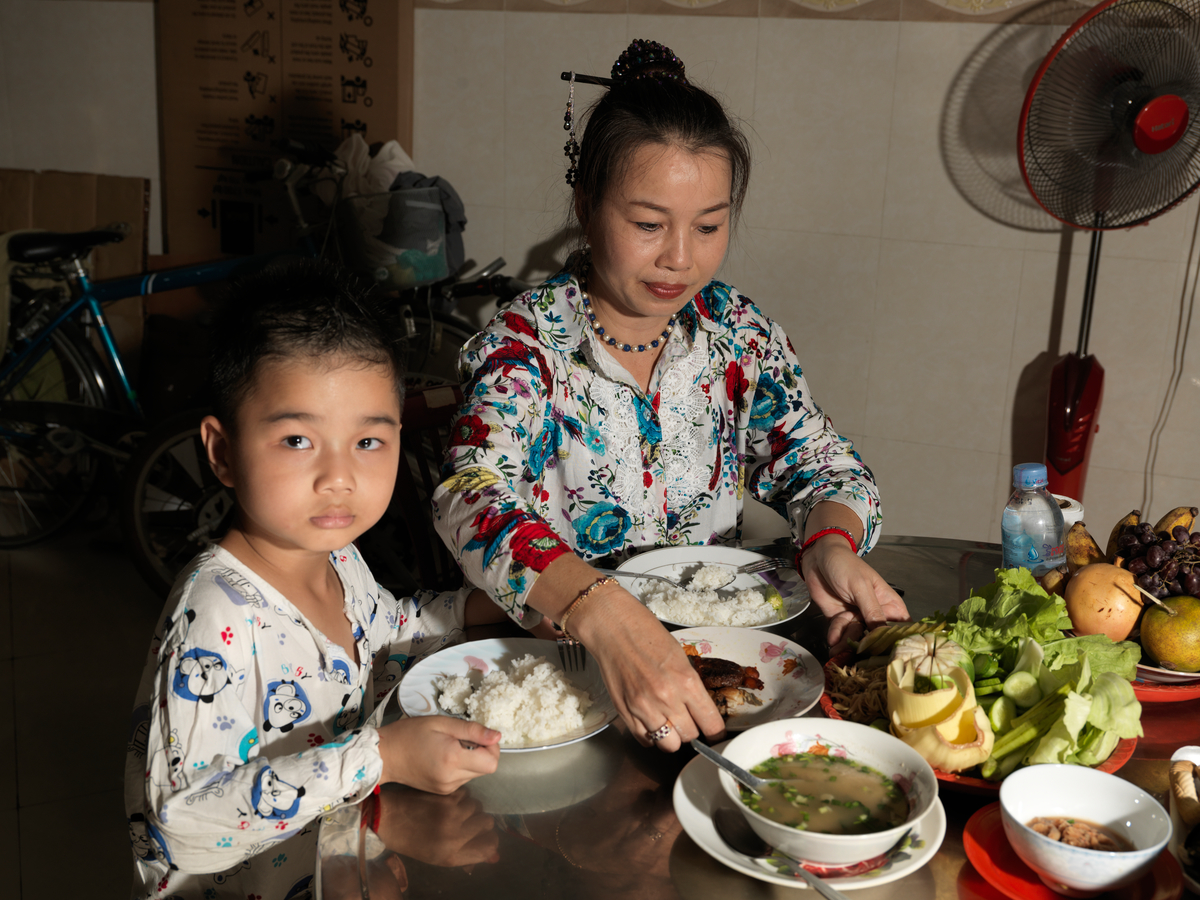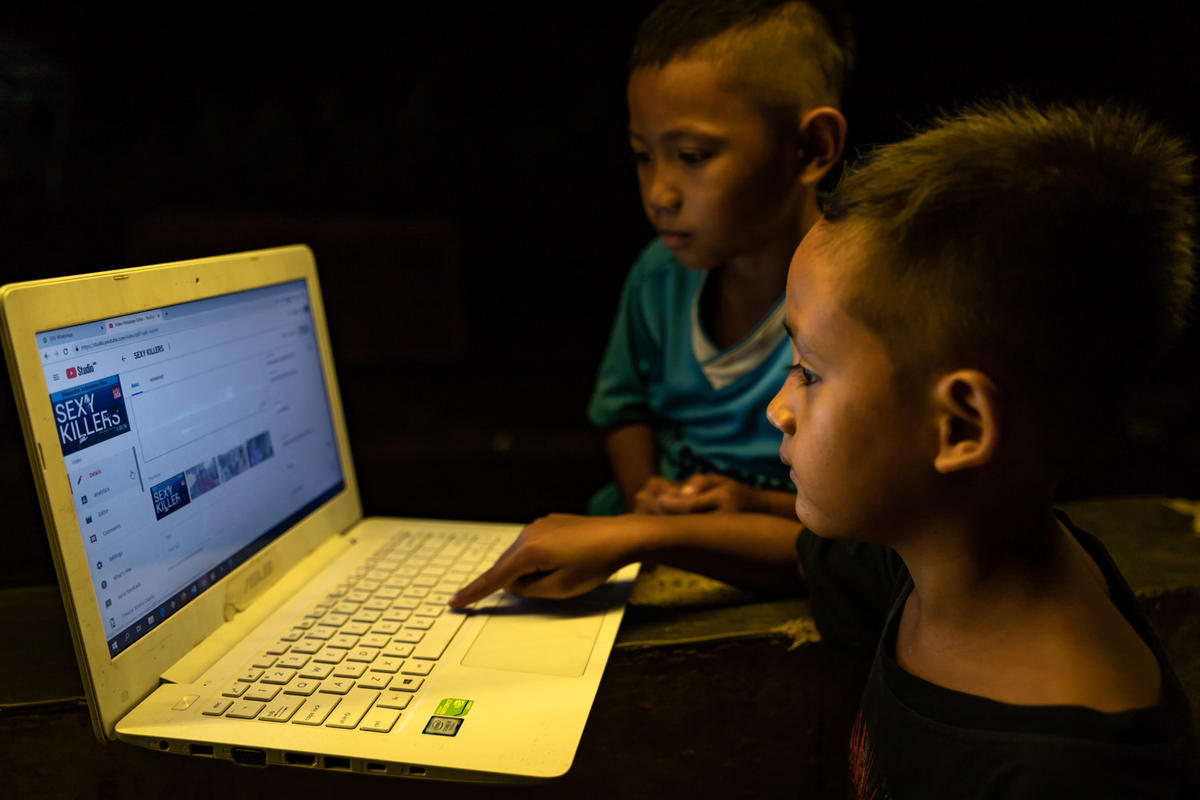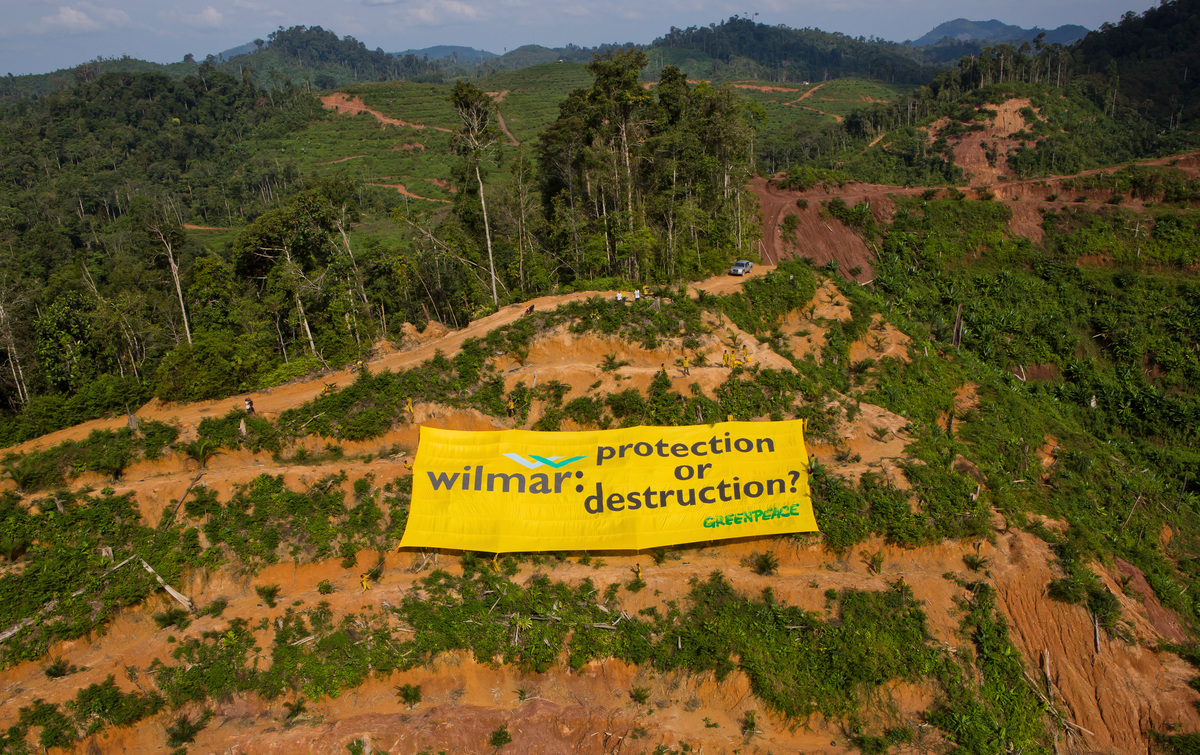All articles
-
Protecting nature means protecting ourselves
Healthy and undisturbed nature, especially intact ecosystems such as forests and other wilderness areas, provides a shield against dangerous new diseases emerging and spreading to humans. By contrast, exploiting nature creates the conditions for diseases similar to COVID-19 to emerge and spread.
-
Thai Union’s audit shows progress, but work still needed on many commitments – Greenpeace
Almost three years after Thai Union made a landmark agreement with Greenpeace to tackle illegal fishing, overfishing, and to improve the livelihoods of workers across its supply chains, a review into its progress shows how the seafood giant is advancing in some key areas but has work to do in order to fully meet its…
-
Govt-led COVID recovery plans must lead us to ‘better normal’ – Greenpeace
At present, trillions are earmarked for infrastructure projects and to support a private sector “recovery” phase in order to “restart” the economy. There is a real danger that governments and industries could reinvest in a business-as-usual scenario, including more dirty investments, and will exacerbate inequitable socio-economic conditions by developing private-for-profit services that neglect the needs,…
-
The city of our post-COVID future
While we are in the midst of this pandemic, a powerful act is to start imagining what kind of city we might be living in when this pandemic slows down.
-
Global health crisis, an additional reason to protect and restore carbon-rich peatlands–Greenpeace
Greenpeace Southeast Asia warns President Jokowi’s plan to convert carbon-rich peatlands in Central Kalimantan into paddy rice fields may lead to another environmental disaster in times when the country’s efforts should be focused on protecting these crucial ecosystems.
-
Reflections from a quarantined world
We hit the “pause” button on 2020. While the world is currently in a state of shock and isolation, this whole experience has made me think about the simpler times of my youth.
-
Health and the Reuse Revolution: Is disposable safer than reusable? Let’s consult the science
We’re tackling the questions: are single-use packaging and containers actually safer? Is the fear of contamination from reusable containers justified?
-
COVID-19 101: How to stay safe, healthy, and eco-friendly
Even in the face of such extraordinary times, we can make a conscious choice to make the most of this situation – especially for those of us privileged enough to safely stay indoors at a place we can call home. Take advantage of this time to do some much-delayed house cleaning, expand your culinary mastery,…
-
8 films to watch while in Coronavirus self-isolation
If you’re at home and are looking for ways to learn more about the environment, here are a few suggestions of the films we are watching. In addition to being incredible stories with beautiful visuals, you can learn more about our amazing world and why it’s so important to continue fighting for a just and…
-
Wilmar International’s exit from the High Carbon Stock Approach marks its failure to end deforestation
Wilmar International, the world’s largest palm oil trader, has taken a further backward step in implementing its commitment to removing deforestation from its commodity supply chains by resigning from the High Carbon Stock Approach (HCSA) the most credible and widely supported mechanism by which to identify and protect forested areas in plantation company concession areas.

